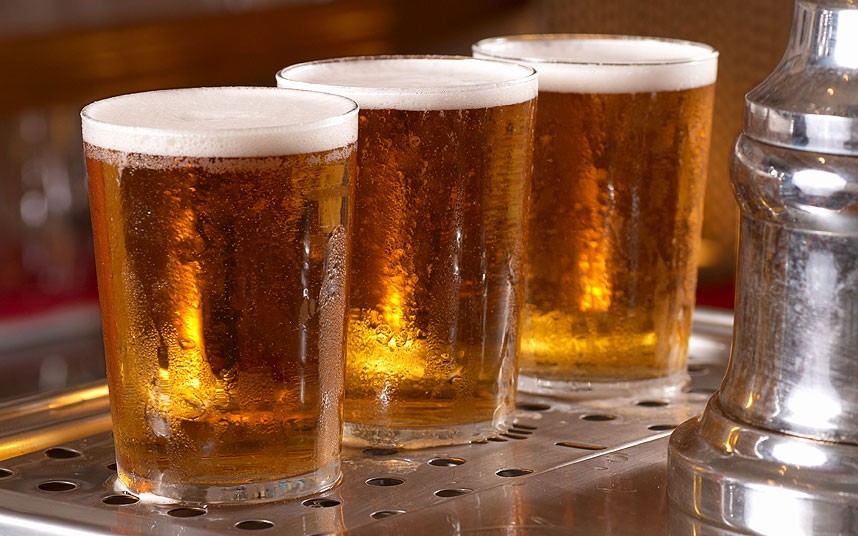MJBiz Daily reports that brewing behemoth Molson Coors has warned shareholders about profits potentially trending downward. Their explanation? Cannabis is taking all our money! Which, okay, but it’s also very likely a little more complicated than that. How do we know? Well, for one, no one in the cannabis industry is sticking up anyone in the brewing industry.
The Vice Market Is Evolving, Legalized Cannabis Is The Catalyst
While we know that nobody in the plant-touching biz is robbing Big Beer, we all can acknowledge that the greater vice market is shifting and evolving at a rate unseen since Prohibition ended. And while the end of Prohibition saw alcohol and beer companies on the receiving end of some good news, the catalyst for this change is unquestionably a combination of legalized cannabis being introduced into the equation. In addition to cannabis’ introduction, shifting consumer tastes are forcing distillers and brewers both to scrutinize their bottom line and contemplate some serious changes.
But that scrutiny and contemplation is pushing alcohol companies to find some pretty useful (if not tough) conclusions. Namely:
- Major beer and spirits conglomerates are investing in cannabis and (eventually) diversifying their own product lines. From Molson Coors themselves investing last summer into a Canadian canna-venture, to Budweiser partnering with Tilray, to Heineken riding with California-based Lagunitas on THC non-beers, to the massive $4 billion investment Constellation injected into Canopy Growth; beer and spirits groups are diversifying and adapting. While cannabis may indeed be drawing some percentage of expendable consumer income away from beer and spirits sales, companies will recoup (or exceed) those losses with additional cannabis sales.
- In addition to forcing the adaptation hand for beer and spirits groups, cannabis is also forcing these same groups to come to terms with their relative dearth of competition for the better part of a century. Sure, there’s always been tobacco, but alcohol and tobacco have not truly perceived one another as competitors but more as siblings within the vice category. Cannabis in a real sense is a competitor to beer and spirits, competition is good but it can also be painful.
- In the short term, this is a notable speed bump for alcohol companies. In the long term? The vice categories always adapt and continue to flourish. As we discussed last year, Big Alcohol getting in bed with cannabis means that Big Marketing has as well. These companies aren’t accustomed to not generating money.
Canadian Beer and Spirits Groups Have More To Lose Versus U.S. Counterparts
And speaking of painful, the pinch of declining sales in beer has been felt more acutely north of the border in Canada. Beer and liquor in Canada have much higher tax rates than in the United States. Alcohol-makers up there are understandably concerned about the drag of slower (and lower) sales combined with cannabis being legalized on a national level blending with the higher tax rates to the consumer driving more and more consumers away from beer and to cannabis. In fact, a Canadian trade group has petitioned the federal government to apply higher tax rates on cannabis. Time will tell.
Beer and Spirits Sales Have Been Stalled For Longer Than Legalization In Most Places
While there is data to suggest that cannabis sales have put a dent into sales of beer or spirits in states that have legalized, an inconvenient fact is that beer and spirits sales have been declining and stalled for longer than most states have even legalized. Whatever forces are compelling younger groups to drink less [Just like Millennials to “ruin” beer and invest in pot. –Ed.], savvy alcohol companies are doing their part to adapt to the circumstances, and diversify and expand their offerings as the market dictates.

